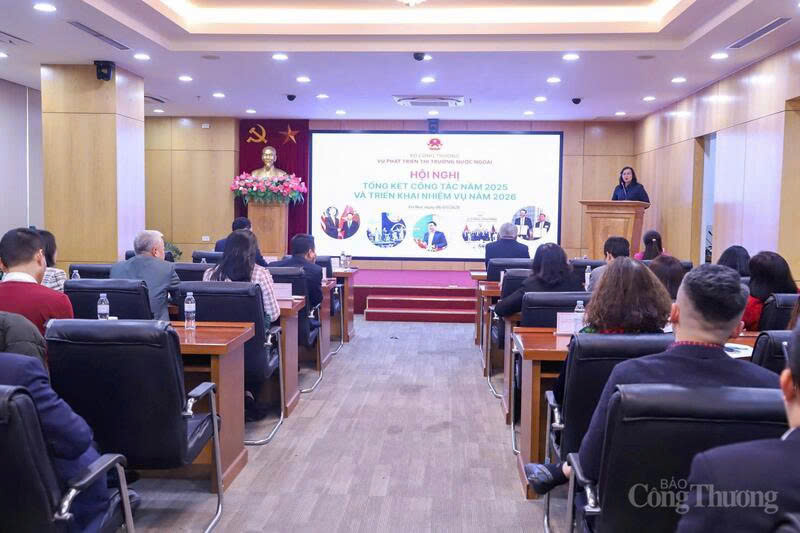
Stronger inter-agency coordination needed to drive export market growth
19:05 | 23/03/2025 15:39 | 07/01/2026News and Events
Despite a global slowdown in foreign direct investment (FDI), Vietnam has continued to see a steady rise in inflows in recent months, a clear indication that the country’s investment climate is improving and becoming increasingly attractive to international investors.
FDI inflows rise 15.6%
Data from the Foreign Investment Agency under the Ministry of Finance shows that Vietnam drew USD 31.52 billion in FDI in the first 10 months of 2025, including new registrations, additional capital, and capital contributions or share purchases, an increase of 15.6% from a year earlier.
Realized FDI reached an estimated USD 21.3 billion during the same period, up 8.8%. According to Nguyen Thi Huong, Director General of the General Statistics Office, this is the highest level of realized FDI recorded for the January - October period in the past five years.
Dau Anh Tuan, Deputy Secretary General and Head of the Legal Department at the Vietnam Chamber of Commerce and Industry (VCCI), said Vietnam is emerging as a “bright star” in Asia in terms of FDI attraction.
He noted that Vietnam’s appeal stems not only from its stable growth trajectory and highly open economy, but also from its strong push for institutional reform, digital transformation, and commitments to green development. The country is increasingly viewed as a promising link in the evolving global value chain, a destination where international firms look not only to manufacture, but to expand markets, strengthen supply-chain connectivity, and pursue sustainable value.

Manufacturing and processing remain the sectors attracting the strongest interest from foreign investors.
Mark Gillin, Chairman of the American Chamber of Commerce (AmCham) in Vietnam, said the government’s administrative restructuring and adoption of a two-tier local governance model mark a historic step toward a more efficient, transparent, and sustainable system.
For US companies, he said, these reforms could ease one of the biggest obstacles they face: administrative complexity. Digital transformation, he added, is reshaping both corporate operations and the regulatory environment by cutting processing times and costs, reducing paperwork, and minimizing the need for travel and document transport.
“The business community strongly welcomes these changes, seeing them as a clear reflection of Vietnam’s development vision and its commitment to fostering investment,” Gillin said.
Adapting to the shifts in global capital flows
While praising Vietnam’s investment environment, Wakabayashi Koichi, Chairman of the Japanese Business Association in Vietnam, said Japanese companies continue to encounter difficulties in securing investment permits.
Representatives of the British Chamber of Commerce also noted challenges with customs procedures, which they said have disrupted operations in Vietnam.
According to VCCI’s Dau Anh Tuan, next-generation FDI no longer prioritizes low costs alone but favors countries with transparency, strong domestic supply-chain linkages, and firm commitments to sustainability. The ongoing shift from export-driven production to domestic-market focus and from high-volume output to higher-value manufacturing, requires Vietnam to strengthen its institutional framework, workforce quality, and policies that help domestic enterprises integrate more deeply into global value chains.
Business associations said that to reinforce its appeal to foreign investors, Vietnam must continue improving the business environment through administrative reforms in key areas such as investment, land, environment, and construction. Comprehensive digitalization of administrative procedures, public tracking systems, and a unified one-stop mechanism would reduce compliance costs, enhance transparency, and improve service efficiency.

Vietnam remains an attractive destination for foreign investment.
They also emphasized the need to strengthen inspection and audit practices by adopting risk-based management, preventing overlaps among agencies, and minimizing unnecessary intervention. Publishing procedures, criteria, and outcomes along with implementing independent post-inspection evaluations, would help bolster trust and ensure fairness in law enforcement.
Dau Anh Tuan added that establishing a unified national enterprise database, including compliance histories, is critical to improving state management, enhancing coordination among ministries and localities, and helping businesses access policies more effectively.
Vietnam continues to be viewed by the international business community as one of the region’s most stable investment destinations, bolstered by its ongoing efforts to refine the regulatory framework, streamline administrative procedures, and upgrade infrastructure. FDI inflows remain on an upward trajectory, particularly in manufacturing, high-technology industries, and services.

19:05 | 23/03/2025 15:39 | 07/01/2026News and Events
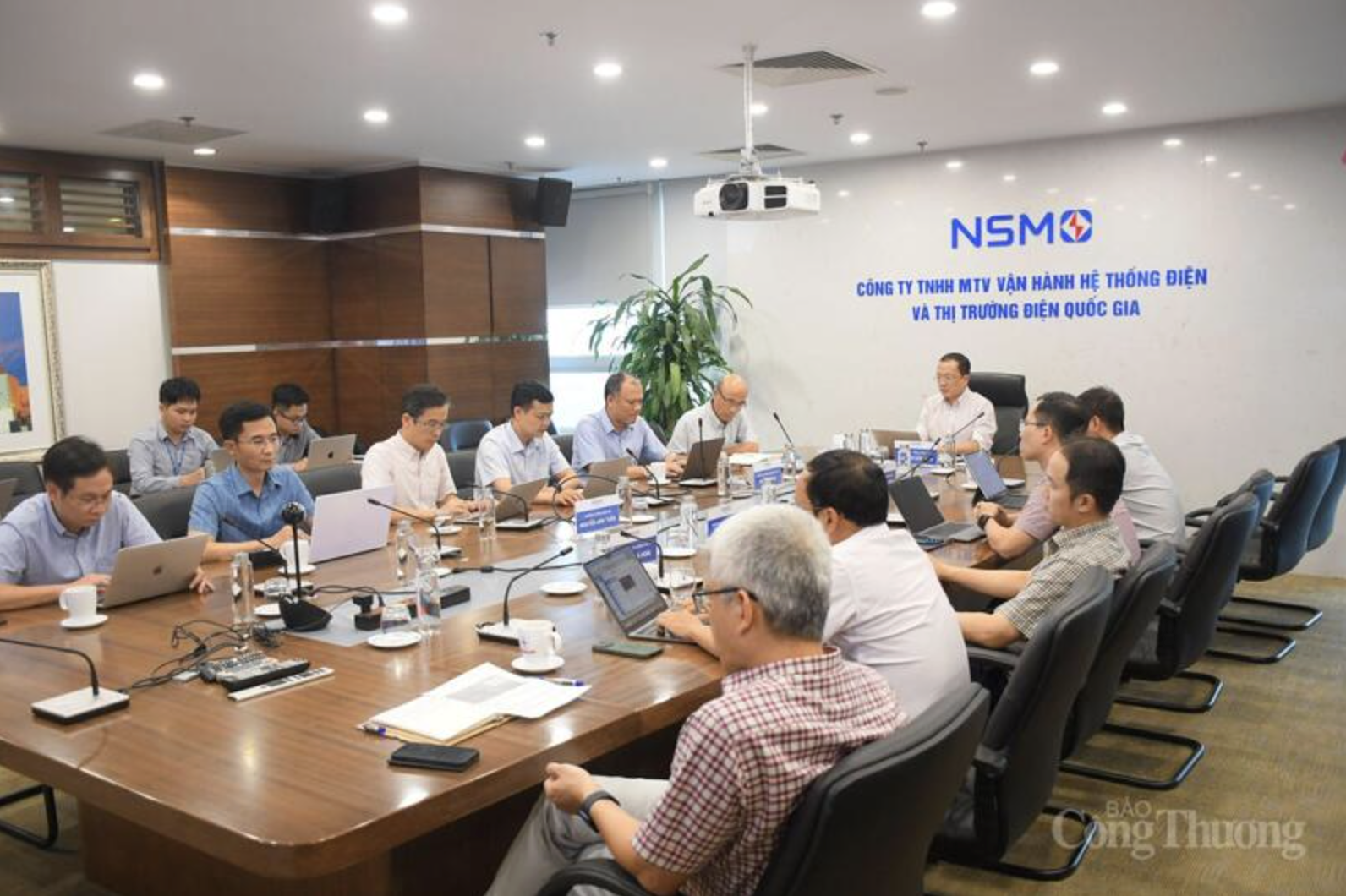
19:05 | 23/03/2025 15:38 | 07/01/2026Industry
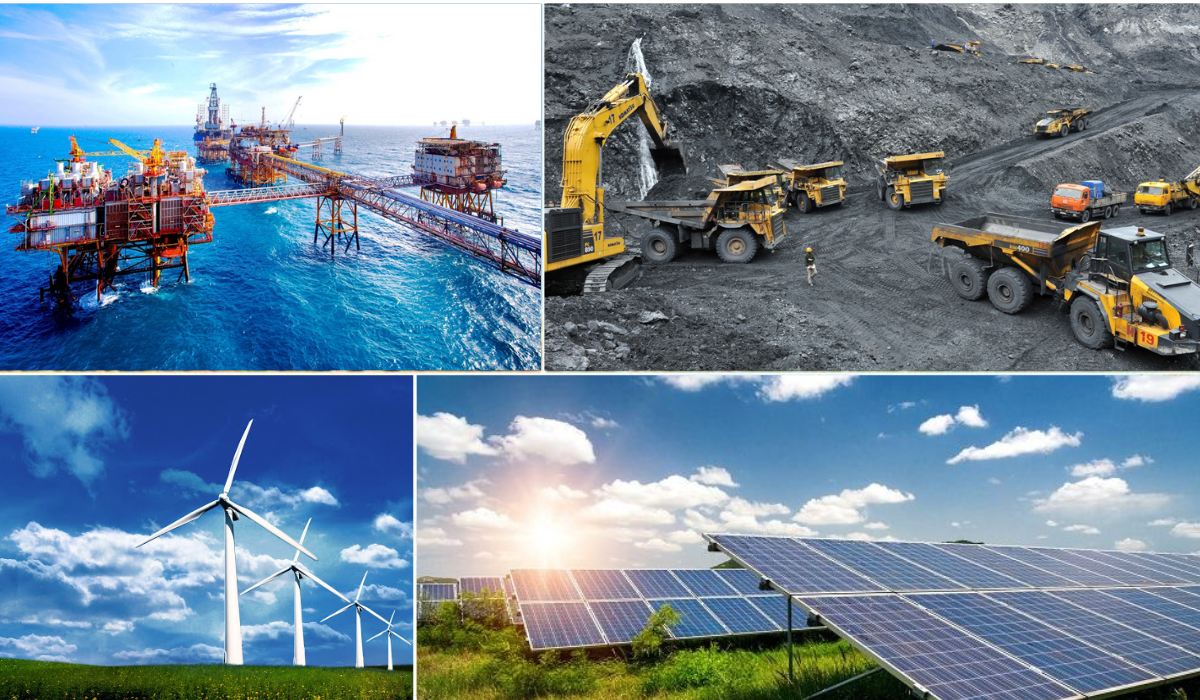
19:05 | 23/03/2025 15:38 | 07/01/2026Industry
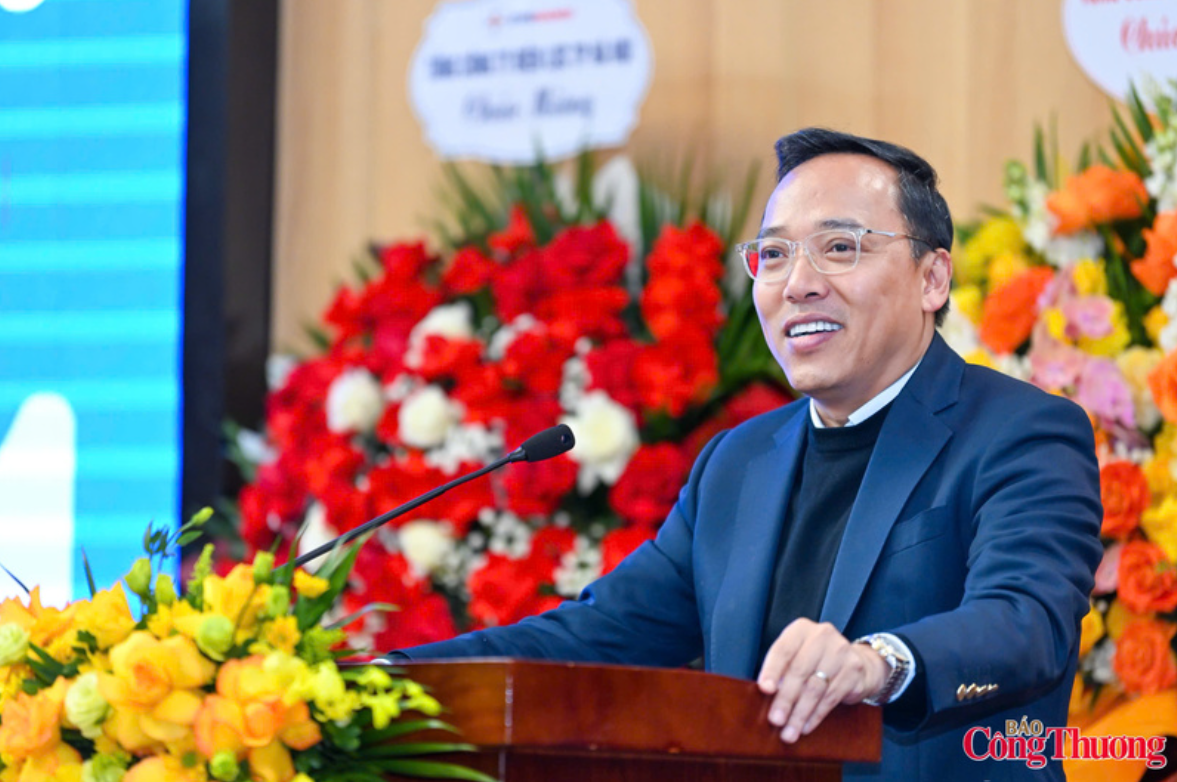
19:05 | 23/03/2025 15:37 | 07/01/2026Industry
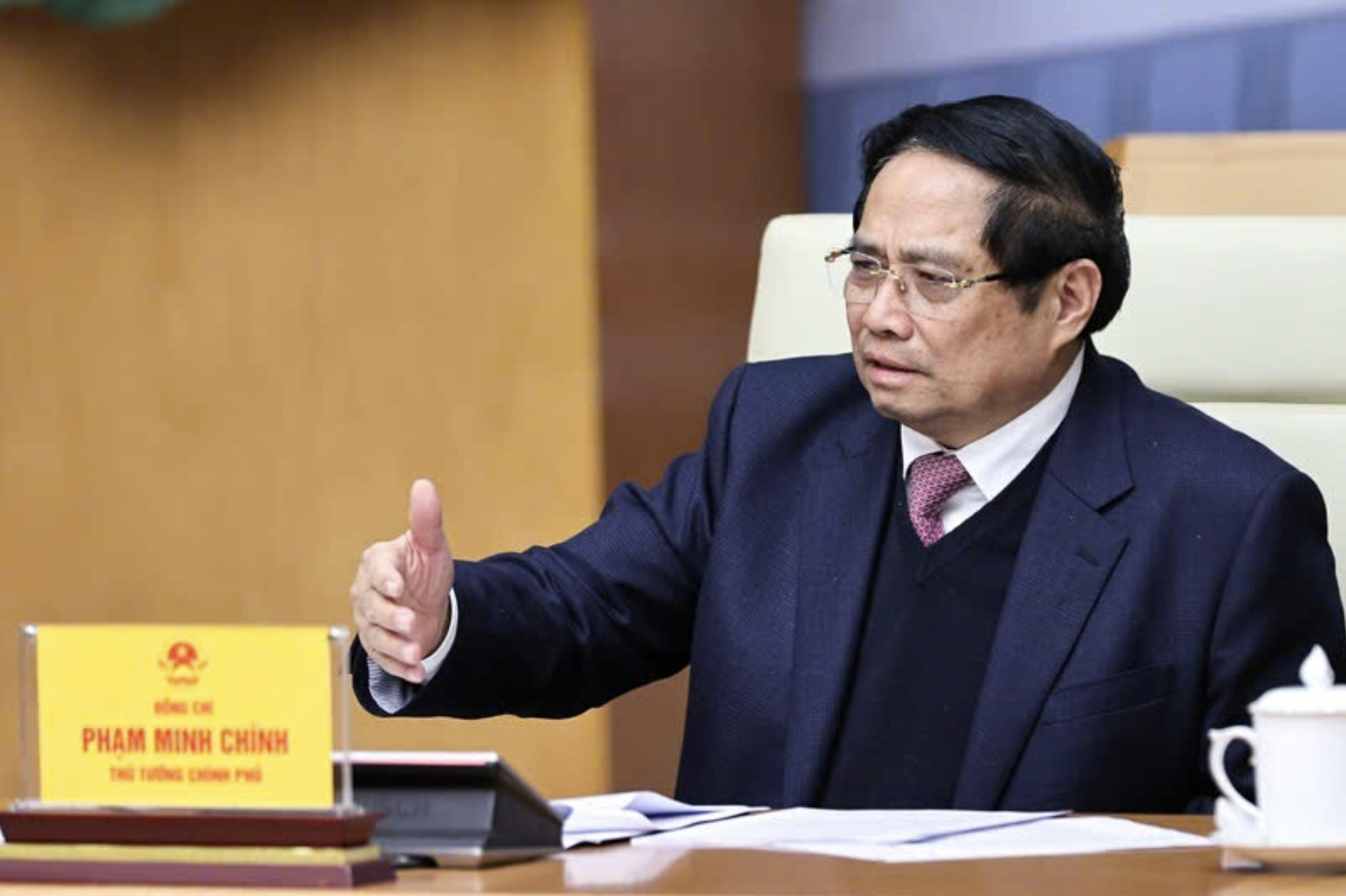
19:05 | 23/03/2025 15:36 | 07/01/2026News and Events